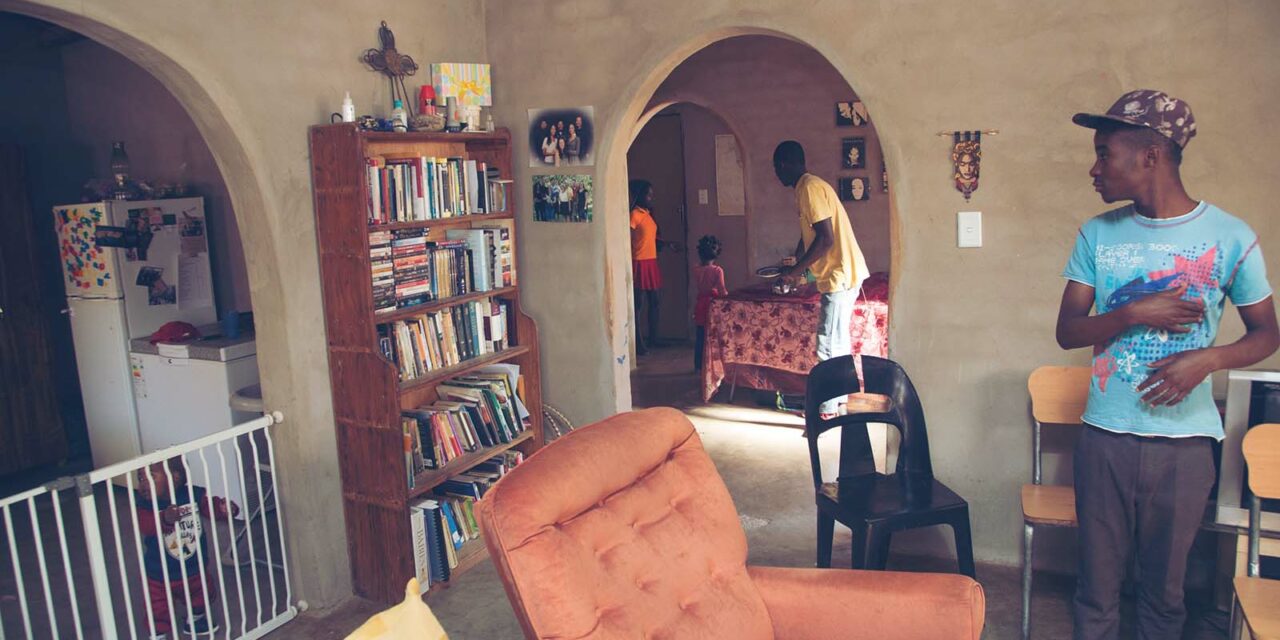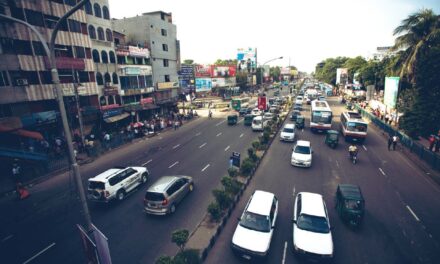Postures are the attitudes and dispositions of our hearts that we desire to cultivate as we enter a new community. We confess that, for the most part, we may be strangers and aliens in the community to which God has sent us and therefore how we carry ourselves is integral to our communication of the gospel message. These five postures can help position us for greater fruitfulness.
 I. Prayer
I. Prayer
Prayer reflects our intimacy with Jesus and our acknowledgement of our utter dependence on him for all things. Apart from him we can do nothing that will have lasting eternal fruit. We cultivate and grow in this as the center of our spiritual life. Below is our commitment to prayer and states the several ways in which prayer is expressed in our life together.
A life of prayer will mean for me:
“A life of discipline” – stillness before God, listening before speaking, and meditation upon His word.
“A life of intercession” – of being, as Paul described, “in labor” for others, recognizing that prayer is ministry.
“A mystical sharing” – letting God, who could take, borrow my voice to express His thoughts on behalf of the poor; and God, who has no need, letting me participate in the speaking of His redemptive word.
“A surrender of my will” – letting God set me aside to pray for an hour, a day, or a season, despite the world’s notions of “effective activity.”
“A kindling of faith” – remembering that prayer to God, who is unseen, opens the gate to faith, the conviction of things unseen.
“A transcendent ministry” – remembering that God’s Spirit unfettered, passes beyond my physical boundaries.”
 II. Learning
II. Learning
In InnerCHANGE we believe that a constant posture of learning is crucial as we enter new communities. We are newcomers and we seek to enter communities in an attitude of humility that expresses a desire for mutuality and our willingness to learn from the experts in that context. Who are those experts? The people who call it home, who have lived there for generations. Who better to teach us the language, the customs, and the rhythms of a place or to introduce us to the people of peace and community leaders, than those who live there?
We seek to learn from many sources. Listening is a key skill for this posture. We listen to the Spirit as he guides us. We listen to the people as they help “grow us up” into the community. We are constantly listening for ways to gain understanding and insight into the people and their context, as well as the “spiritual topography” and spiritual history of the place. Our learning will be informal, as we gain insight from observing and relationship building, as well as, formal through research and academic study.
This posture requires humility, the ability to persevere in spite of past mistakes, learning to be culturally sensitive and aware, growing in our own self awareness, and learning to see with what we call “kingdom eyes.”
III. Cultivating Community
John Hayes said in Submerge that “It takes a community to reach a community”. This is both a commitment and a value for us in InnerCHANGE. Our commitment to community is not only for our teams but also for building community in our context with our neighbors. Our ability to do both is a key factor in whether our teams will simply survive or actually thrive. It will be important to read more fully on this in our section on Apostolic Teams. (Link this to that article)

IV. Collaborating
If you want to go fast go alone, if you want to go far go together. – African Proverb
We seek to enter a new community with a mindset for collaboration. A vision for collaboration prepares us to see those within the community with a different set of lenses, e.g. other organizations, people, groups, and entities. Our desire is to come together where we can as those who are a part of a kingdom much larger than us individually. As we do so, we will find that we can accomplish far more and travel much farther together than we are able to alone.
V. Action-Reflection
The posture of action-reflection is a natural outgrowth of our contemplative life which is at the center of who we are as an apostolic community. We believe God is present within a community before we ever arrive. We want to be listening and learning from him what he desires to do in that place so we can join with him in his redemptive activity. Of course, this is a learning process and therefore, as we act in faith, we take time to reflect on those actions in order to come to know Jesus more fully through his actions in our context. Some of the ways in which we will reflect on our actions is through journaling, prayer walking, spiritual retreats, team reflection and evaluation, reading and re-reading our communities, and reflecting with our neighbors. Through this process we will learn what should continue, what should be stopped, and what we can improve upon.




